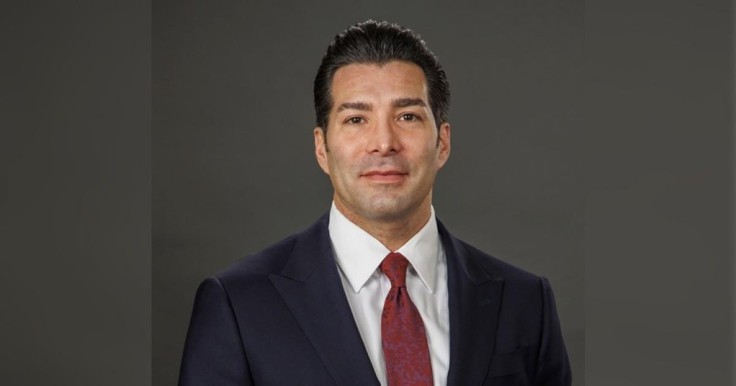Supreme Court Declines to Hear Challenge to University Bias Reporting Systems: What It Means for Campus Free Speech with Joseph Lento, Founder of Lento Law Firm
Created by
On March 3, 2025, the U.S. Supreme Court declined to review a challenge to Indiana University's bias reporting system, leaving in place a lower court's ruling that upheld the university's program. The lawsuit, brought by conservative students, argued that the policy created a chilling effect on speech by encouraging students to report instances of bias, even when no disciplinary action followed. With the Court's decision not to intervene, similar bias reporting systems across the country remain legally intact, but the ruling does little to settle the ongoing debate about how these programs intersect with First Amendment rights.
Bias reporting systems have become a contentious issue in higher education, with supporters seeing them as a necessary tool to combat discrimination and ensure inclusive learning environments. Critics, however, warn that such programs can be weaponized against controversial or unpopular speech, discouraging students and faculty from openly discussing sensitive topics. The Supreme Court's refusal to hear the case leaves universities largely in control of their policies, though legal challenges to similar systems are likely to continue.
Joseph Lento, founder of Lento Law Firm, has worked extensively in the area of student rights and disciplinary policies, representing students facing investigations and faculty members navigating complex university regulations. As bias reporting policies evolve, questions remain about how these systems should operate while respecting both inclusivity and free speech.
The Legal and Practical Effects of Bias Reporting Systems
Bias reporting programs typically allow students to report instances of speech or behavior they find offensive or discriminatory. While many of these reports do not result in formal disciplinary action, universities often use them to track trends in campus climate, intervene in conflicts, and provide educational programming.
Supporters argue that these systems are essential for addressing harassment, racism, and other forms of bias, particularly in institutions that serve diverse student populations. Universities often frame them as non-punitive, aiming to foster a better learning environment rather than punish offenders. Yet, opponents worry that the mere existence of such a reporting mechanism can have a deterrent effect on free speech, particularly when students fear being labeled as biased or discriminatory for expressing controversial opinions.
"While universities claim these systems are non-punitive, the reality is that a bias report can trigger serious consequences, even in the absence of formal disciplinary action. Investigations, mandatory training, and reputational damage can create a chilling effect, discouraging students and faculty from engaging in legitimate academic debate. Those accused of bias often face university scrutiny without the procedural safeguards that typically accompany formal disciplinary proceedings, leaving them vulnerable to reputational harm and career consequences."
For some, this ruling means little will change, as many universities already operate these programs without imposing formal punishments. However, critics contend that bias reporting structures can still result in informal consequences, such as investigations, mandatory training, or reputational damage that may discourage open discourse. The Supreme Court's decision to step aside ensures that universities can continue to implement and refine these policies, but it does not eliminate the potential for future legal battles over how they are enforced.
What This Means for Free Speech on Campus
The Supreme Court's decision does not set a national precedent, but it does leave intact a lower court ruling that found Indiana University's system to be lawful. This means that, for now, universities retain discretion over whether and how to implement these programs. However, legal experts expect further litigation, especially as more conservative-led lawsuits challenge similar policies in other states.
The balance between fostering inclusivity and protecting free speech remains a delicate one. Many universities will likely continue using bias reporting systems, but some may modify their policies to avoid potential legal risks or address concerns about due process. Meanwhile, students and faculty who feel their speech is unfairly targeted may seek alternative legal avenues, such as invoking broader First Amendment protections in cases of formal university action.
"This ruling does not mean bias reporting systems are immune from future legal challenges. Universities may still face litigation if these programs are used to suppress protected speech or if they result in informal punishments without due process. For students and faculty navigating these policies, it's critical to understand their rights and seek legal guidance if they believe they are being unfairly targeted under a bias reporting system."
The long-term implications remain uncertain, but the Supreme Court's refusal to weigh in suggests that, for now, universities will set the terms of these policies—at least until another case forces the Court to take a definitive stance.
Disclaimer and Disclosure:
This article is an opinion piece for informational purposes only. Tech Times and its affiliates do not take responsibility for the views expressed. Readers should conduct independent research to form their own opinions.
Originally published on Tech Times








